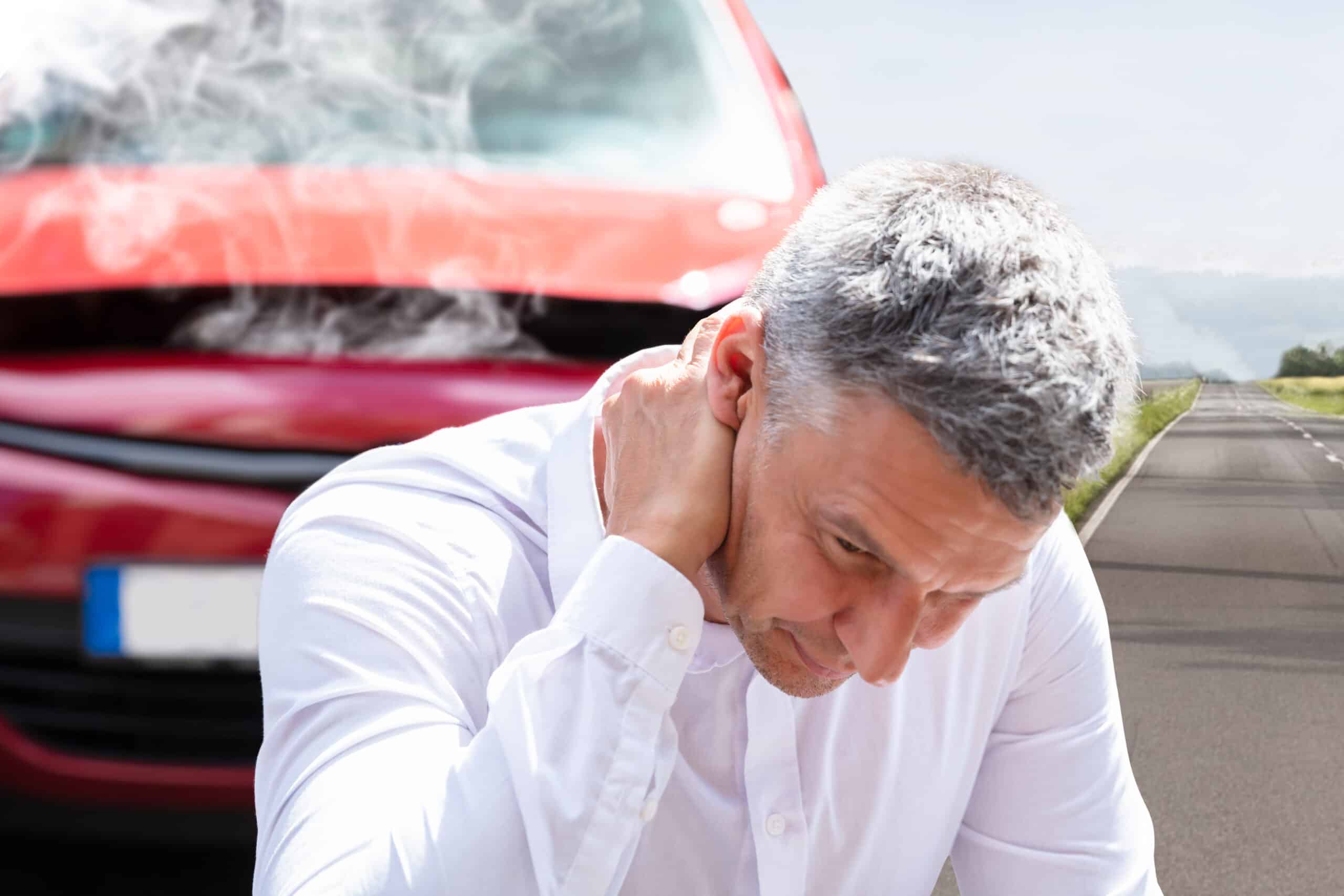What to Know About Making a Day-in-the-Life Film After a Car Crash

If you were struck by a reckless driver and you’re planning on filing a personal injury claim against them, it may be wise to create a day-in-the-life film. Supporting your case with compelling footage that depicts the challenges you face in the wake of the wreck can help bolster your credibility.
Chances are you’ve never made such a video, though, and you’re wondering what it entails. While everyone has their own idea of what this type of film should include, there are a few generalities that almost always apply. Read on to learn what they are:
1. You Can Record It Over the Course of Several Days
Despite its name, your day-in-the-life video doesn’t have to be recorded over a single 24-hour period. Considering that filming itself can be exhausting, most injured parties are inclined to spread it out over the course of several days.
As long as you don’t mislead viewers by including more in your video than what actually happens in a single day, you can take a week or more to create it.
2. You Can Include Other People in the Footage
Depending on the severity of your injuries, you may need help with essential tasks. Examples include transportation, housekeeping, meal preparation, and child care.
Assuming those helping you are comfortable with being filmed, you should include them in your video. It’s also wise to film on a day when you have an appointment with your primary care provider. Your doctor can speak on your diagnoses, treatments, and prognoses, thereby giving viewers some more context to your medical records.
3. You Can Use Simple Equipment
The production value of your day-in-the-life film doesn’t have to be Oscar-worthy. As long as the footage is clear and the sound is decent, you’ll be able to tell a compelling story. Thankfully, the average smartphone nowadays can provide both.
That means if you’ll be making the video yourself, you don’t necessarily have to rent or buy high-quality equipment. Your mobile device should be capable of capturing the footage you need. You can then use a fairly affordable program to splice the recordings together.
Of course, if you enlist legal help, you don’t have to worry about doing any of the filming or editing yourself. A resourceful personal injury attorney can direct every aspect of the video, so you can focus on your recovery.
Your legal team will supply the equipment, film all essential scenes, and then compile the footage. They’ll also distribute the video once it’s ready, so the insurance adjuster can get a clear understanding of all the hurdles you face before the negotiations commence.
Speak with a Florida Car Accident Lawyer
At Emerson Straw, we’re committed to advocating for those who have been wronged by others. If you were seriously hurt in a wreck through no fault of your own, we’ll help you take the steps needed to hold the liable party accountable. Call (727) 821-1500 or submit the Contact Form on our website to schedule a free initial consultation with a car accident attorney in Florida.
